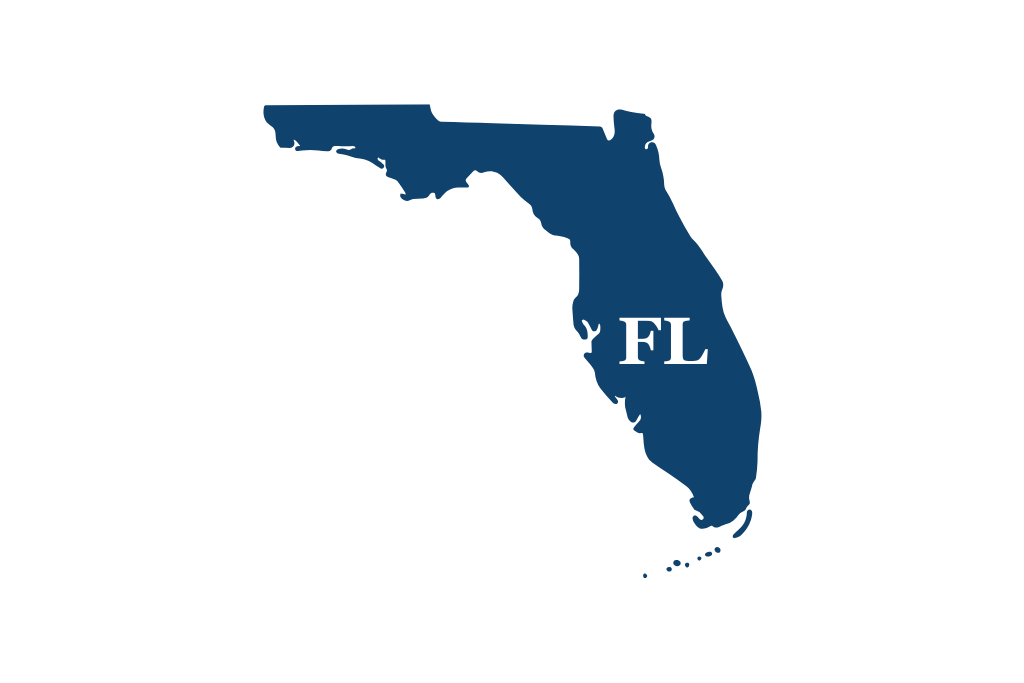Florida Private Education Vouchers Cost $4 Billion This School Year

In 2023, the state of Florida greatly expanded family eligibility for private education vouchers. At that time, Education Law Center (ELC) and Florida Policy Institute (FPI) estimated that the now-universal voucher eligibility would cost the state $4 billion annually.
ELC and FPI were off by a tiny amount: in the current school year, the total estimated cost to the state of private education vouchers is $3.9 billion, including $2.8 billion for Florida Empowerment Scholarship vouchers (FES) routed through the school funding formula, and $1.1 billion for Florida Tax Credit Scholarship vouchers (FTC).
In the 2023-24 school year, the total cost was $3.2 billion in state funds ($2.1 billion to FES vouchers and $1.1 billion to FTC vouchers). Online views show these costs at the state and district level. These views are also accessible from the Florida Policy Institute’s website.
“We take no pride in being right about the amount of public money Florida’s universal voucher programs now cost the state,” said Mary McKillip, ELC Senior Researcher. “And we are deeply concerned about how much these numbers will continue to increase year after year and further impact public school district funding across the state.”
Florida is already deeply underfunding its public schools. The state sits at the bottom of the national school funding rankings in ELC’s Making the Grade 2024 report, scoring grades of ‘F’ for funding level, for inequitable distribution of that funding, and for funding effort. As funding for private education vouchers has increased, it is consuming an ever larger portion of overall taxpayer funds directed to education, increasing from 12% of public funds spent on education in 2021-22 to 23% this year.
It should be noted that most of the new voucher students were not previously enrolled in the public school system, and seven in 10 were already enrolled in private schools. In other words, these public dollars are mainly subsidizing families that were already covering the private school tuition now being funded, at least partially, by the state.
But due to a growing lack of transparency, Floridians know almost nothing about the new students accessing public funds for private education, and there is little accountability in place to monitor the quality of education they are receiving. The annual and quarterly reports on the various voucher programs and participating private schools that were regularly released in the past by the Florida Department of Education have not been updated since the 2022-23 school year.
The ELC/FPI estimate of annual voucher costs is sure to increase over time. The annual cost of Florida’s voucher programs will grow as the cap on the number of students who can receive public funds for Personalized Education Programs (a parent-directed, homeschooling voucher program) will increase from 60,000 students to 100,000 for the 2025-26 school year, and the cap will be removed for the 2026-27 school year.
Education Law Center, founded in 1973, pursues education justice and equity to ensure that all students receive a high quality public education effectively preparing them to participate as citizens in a democratic society and as valued contributors to a robust economy.
Florida Policy Institute is an independent, nonpartisan and nonprofit organization dedicated to advancing state policies and budgets that improve the economic mobility and quality of life for all Floridians.
Related Stories:
DRAMATIC INCREASE IN FLOW OF DOLLARS FROM PUBLIC SCHOOL DISTRICTS FUNDS PRIVATE EDUCATION IN FLORIDA
Press Contact:
Sharon Krengel
Director of Policy, Strategic Partnerships and Communications
skrengel@edlawcenter.org
973-624-1815, x240